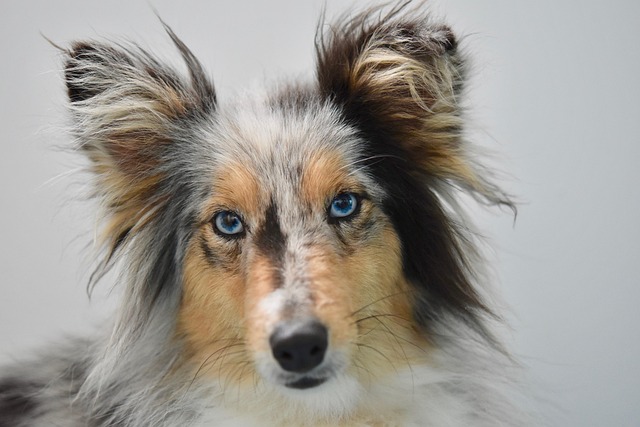
How can I tell if my dog's heatstroke is serious
Let’s be real: It’s a sticky August morning in Los Angeles, and you took your 2-year-old Golden Retriever, Max, for a walk a little later than usual
Dog turning up its nose at dinner isn’t always a big deal—maybe the kibble’s stale, or they’re still full from that extra treat earlier. But when the refusal sticks around for more than a day or two, it’s time to pay attention. That empty food bowl could signal anything from a minor upset to something needing a vet’s eye.
Start by checking the basics. Did you switch their food suddenly? Dogs are creatures of habit, and a new brand or flavor might throw them off. Try mixing a little of the old food with the new—slow transitions work better for their tummies. Also, take a peek at their eating area. Is it near a loud appliance? Some dogs hate dining where it’s chaotic or stressful.
Weather matters too. Just like humans, dogs might eat less on sweltering summer days. But if the thermostat’s normal and they’re still not nibbling, consider recent changes. A new pet, a move, or even a family member being away can stress them out enough to skip meals. Stress eats away at appetite, and dogs feel it more than we often realize.
Keep an eye on other clues. Is your pup lethargic? Vomiting? Drinking way more water than usual? These can point to bigger issues—dental pain, infections, or even chronic conditions like kidney disease. In places with strict animal welfare laws, letting a serious health issue go unchecked isn’t just risky for your dog—it could land you in legal hot water. Many regions require owners to address prolonged loss of appetite promptly.

Try gentle incentives, but skip the table scraps. A splash of low-sodium chicken broth on their food might entice them, or a small spoonful of plain yogurt (no xylitol, which is toxic). Avoid giving in to begging for human food, though—this can create bad habits and even make their pickiness worse over time.
If 48 hours pass with no interest in food, don’t delay the vet visit. They can run tests to rule out infections or blockages. Early intervention often makes treatment easier, and it shows you’re taking your role as a caretaker seriously—something regulators in many areas look for when assessing responsible pet ownership.
Remember, every dog is different. A senior dog might eat less as metabolism slows, but a sudden drop is still a red flag. Puppies, on the other hand, usually have ravenous appetites—any lull here needs quick action.
Your dog’s appetite is a window into their well-being. A day of picky eating might fade, but consistent refusal demands attention. Not only will it keep your furry friend healthy, but it’ll also ensure you’re meeting the standards set by local laws. After all, a well-fed dog is a happy, thriving companion.

Let’s be real: It’s a sticky August morning in Los Angeles, and you took your 2-year-old Golden Retriever, Max, for a walk a little later than usual

You're enjoying a summer afternoon at the park when you notice your dog has stopped panting and appears disoriented - their gums are bright red

Let’s paint the picture: You’re in your Denver apartment, watching your 4-year-old Boston Terrier, Ruby, plop down mid-play session with her favorite toy

Many dog owners notice their pets nails seem shorter after regular walks,but how much does this daily activity actually help?The answer depends on where you walk—concrete sidewalks or asphalt streets gently file nails as a dog's paws hit the ground

Most dog owners notice their pup scooting across the carpet at some point, but few connect it to impacted anal glands. These small sacs near a dog’s rectum secrete a scent for marking territory

Most vets agree that regular dog teeth cleaning is key to avoiding painful dental issues later. For healthy adult dogs, a professional cleaning at the vet’s office every 12 to 18 months usually works well.